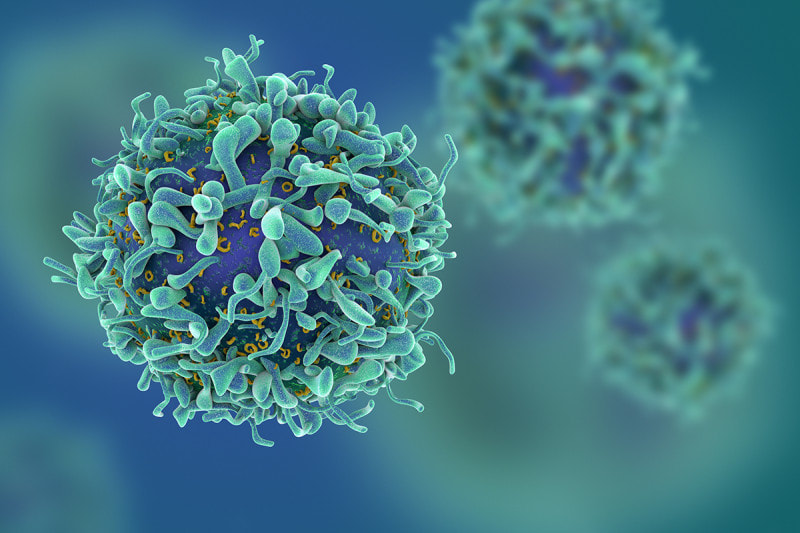|
The environment teems with microbes, which includes microscopic living organisms such as bacteria, protists, many fungi, as well as viruses. Most microbes live in the water or soil. Most of the ones that live in animal bodies do no harm and may even be beneficial. Some microbes, however, are pathogens, which may result in disease (Audesirk, Audesirk & Byers, 2011).
A growing body of evidence suggests that the immune effects of early-life microbial exposure are long-lasting and continue into later life, since these immune effects have been associated with the prevention of diseases such as inflammatory bowel disease (IBD) and asthma (Olszak et al., 2012). What are the Mechanisms of Defense Against Disease? Vertebrates have evolved three major forms of protection against disease:
Methods and Results of the Research Natural killer T (NKT) cells have been observed to play an important role in the development of ulcerative colitis, a major form of IBD, and in asthma. Therefore, the researchers investigated the regulation of NKT cells by the use of microbes in mouse models. First, the researchers examined NKT cells in the tissues of 8-week-old germ-free and specific pathogen-free mice. Here, relative and absolute numbers of NKT cells were measured and observed to be at an increased level in germ-free mice within the mucous membranes, resulting in increased morbidity in models of IBD and asthma. The differences in NKT cell numbers between the germ-free mice and the specific pathogen-free mice were detectable, suggesting early and persistent effects of the microbes. Upon establishing relevance of the findings, the researchers examined whether reintroducing microbes in adult germ-free mice would normalize NKT cell levels in the mucous membranes. To a surprise, exposure of germ-free mice to microbes did not restore NKT cells to the levels observed in the specific pathogen-free mice, nor did it reverse mortality. Afterwards, the researchers wondered whether normalized NKT cell levels and function were dependent on the age at which the microbial contact occurred. Indeed, when the researchers exposed microbes to pregnant germ-free female mice just before delivery, therefore exposing neonatal germ-free mice to the specific pathogen-free mice conditions on their first day of life, a complete normalized NKT cell level was observed and persisted even two months afterwards. Colonization of neonatal - but not adult - germ-free mice with conventional microbes protected the animals from mucosal NKT accumulation and related pathology. These results suggest that an age-sensitive contact with symbiotic microbes is critical for establishing mucosal NKT cell tolerance to later environmental exposures. Therefore, these observations are in accordance with research known as the "hygiene hypothesis", which proposes that early-life exposure to specific microbe-enriched environments decreases susceptibility to diseases, such as IBD and asthma. Early-life microbial exposure elicits long-lasting effects on NKT cells, and in their absence, later-life exposure to factors that stimulate these cells may induce an autoinflammatory response. Given the extensive similarities between mice and human cell systems, these findings are predicted to extrapolate to humans. ReferencesAudesirk, T., Audesirk, G., & Byers, B. (2011). Biology (9th ed.). Boston, Mass.: Benjamin Cummings.
Olszak, T., An, D., Zeissig, S., Vera, M., Richter, J., & Franke, A. et al. (2012). Microbial Exposure During Early Life Has Persistent Effects on Natural Killer T Cell Function. Science, 336(6080), 489-493. http://dx.doi.org/10.1126/science.1219328
0 Comments
Leave a Reply. |
The Awareness domain contains research, news, information, observations, and ideas at the level of self in an effort to intellectualize health concepts.
The Lifestyle domain builds off intellectual concepts and offers practical applications.
Taking care of yourself is at the core of the other domains because the others depend on your health and wellness.
Archives
May 2024
Categories
All
|


 RSS Feed
RSS Feed

